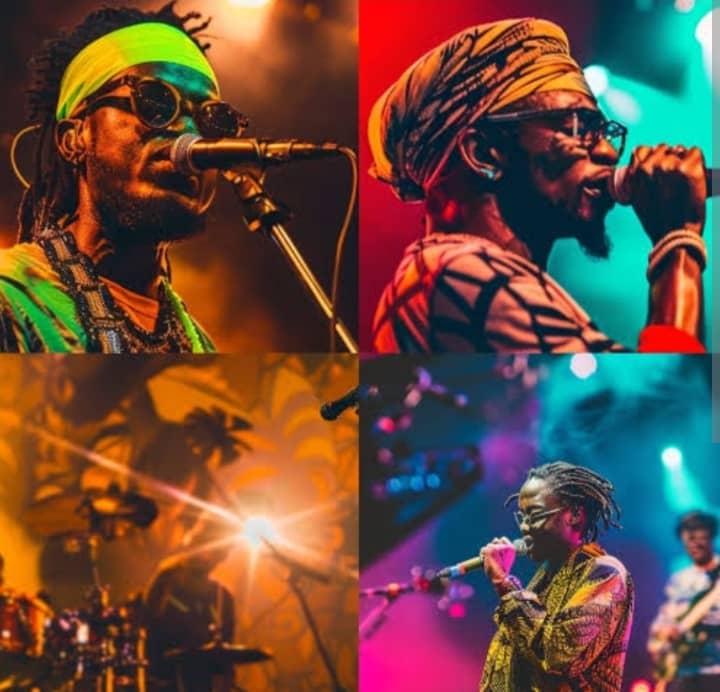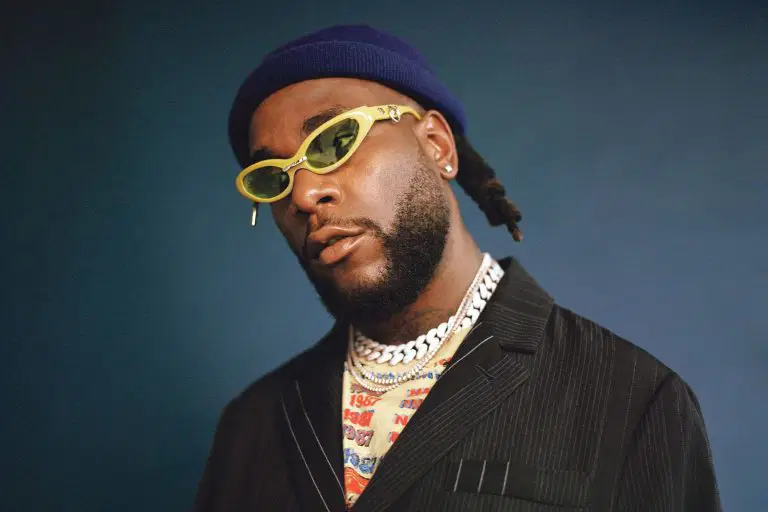Afrobeat is a music genre that originated in West Africa, particularly Nigeria, during the late 1960s and early 1970s. It is a fusion of traditional African music styles such as highlife and juju with elements of jazz, funk, and soul. The genre is known for its rhythmic complexity, heavy use of percussion, and socially conscious lyrics.
Key Characteristics of Afrobeat:
1. Instrumentation: Afrobeat often features a large ensemble, including horns, guitars, keyboards, and multiple percussion instruments.
2. Polyrhythms: Complex and layered rhythms are a hallmark of the genre, often driven by drums and congas.
3. Extended Songs: Tracks can be lengthy, sometimes lasting up to 20 minutes, allowing for improvisation and intricate musical arrangements.
4. Social Commentary: Lyrics often address political, social, and cultural issues, making it a tool for activism and resistance.
Origin and Key Figures:
Fela Kuti: Often regarded as the pioneer of Afrobeat, Fela Kuti developed the genre by blending traditional Nigerian music with jazz and funk. His music was deeply political, criticizing government corruption and social injustices.
Tony Allen: A legendary drummer, Tony Allen was Fela Kuti’s longtime collaborator and is considered one of the most influential figures in Afrobeat.
Modern Afrobeat:
While the original Afrobeat retains its distinct style, it has influenced a modern subgenre known as Afrobeats (note the “s”). Afrobeats is a contemporary fusion of Afrobeat with elements of hip-hop, dancehall, R&B, and pop, and it has become globally popular thanks to artists like Burna Boy, Wizkid, Davido, and Tiwa Savage.
Afrobeat remains a vital part of African music history, celebrated for its innovation, energy, and impact on both music and society.





